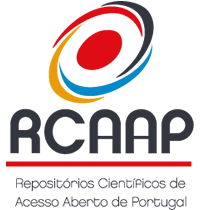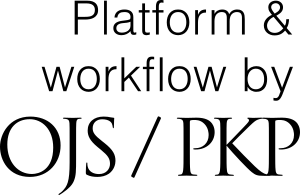Cardiac mitochondrial dynamics, autophagy and regeneration are stirred by doxorubicin in old CD-1 mice
DOI:
https://doi.org/10.48797/sl.2023.54Keywords:
Selected Oral CommunicationAbstract
Background: The chemotherapeutic agent doxorubicin (DOX) has been widely used in the treatment of solid tumors and hematological malignancies [1]. However, serious adverse side effects have emerged in patients treated with this drug, notably cardiotoxicity [2]. Moreover, aging is a risk factor for the development of cardiovascular diseases in cancer treated patients [3]. Objective: We herein aimed to evaluate the molecular effects of DOX on the cardiac muscle of old CD-1 mice. Methods: Old CD-1 male mice (19 months) were administered with a pharmacologically relevant cumulative dose of 9 mg/kg DOX (DOX group) or saline (CTRL group), distributed intraperitoneally for three weeks (biweekly). The experiments were performed with the approval of the national competent authorities (DGAV, reference nº 0421/000/000/2016). Animal welfare was monitored daily. Two months after the last drug or saline administration, mice were sacrificed for collection of blood and heart. Results: Serum glucose concentration was decreased after DOX administration, but no other differences were seen in serum markers evaluated. Regarding the heart, DOX increased the activity of citrate synthase (CS), suggesting increased mitochondrial density. Moreover, the content of peroxisome proliferator-activated receptor γ coactivator 1 α (PGC-1α) was decreased after DOX, pointing to decreased mitochondrial biogenesis. In parallel, the content of Beclin1 and microtubule-associated protein light chain 3 (LC3B) was decreased in DOX group, highlighting lower activation of autophagy. In addition, the content of mast/stem cell growth factor receptor Kit (SCFR) was increased after DOX, pointing to activation of cardiac regeneration. Conclusions: This work showed that even a low cumulative dose of DOX affects the cardiac muscle in multiple pathways requiring further studies to find new molecular mechanisms as to clinically address the cardiotoxicity induced by this anticancer agent.
References
1. Colombo, A. et al. Cardiac Complications of Chemotherapy: Role of Biomarkers. Curr Treat Options Cardiovasc Med 2014, 16, 313-8.
2. Brandão, S.R. et al. Insights on the molecular targets of cardiotoxicity induced by anticancer drugs: A systematic review based on proteomic findings. Metabolism 2022, 134, 155250.
3. Nowakowska, M. et al. Cardiovascular risk factors among cancer patients qualified for systemic treatment. Arch Med Sci 2020, 16, 1295-1303.
Downloads
Published
How to Cite
Issue
Section
License
Copyright (c) 2023 S. R. Brandão, A. Reis-Mendes, M. J. Neuparth, F. Carvalho, R. Ferreira, V. M. Costa

This work is licensed under a Creative Commons Attribution 4.0 International License.
In Scientific Letters, articles are published under a CC-BY license (Creative Commons Attribution 4.0 International License), the most open license available. The users can share (copy and redistribute the material in any medium or format) and adapt (remix, transform, and build upon the material for any purpose, even commercially), as long as they give appropriate credit, provide a link to the license, and indicate if changes were made (read the full text of the license terms and conditions of use).
The author is the owner of the copyright.









